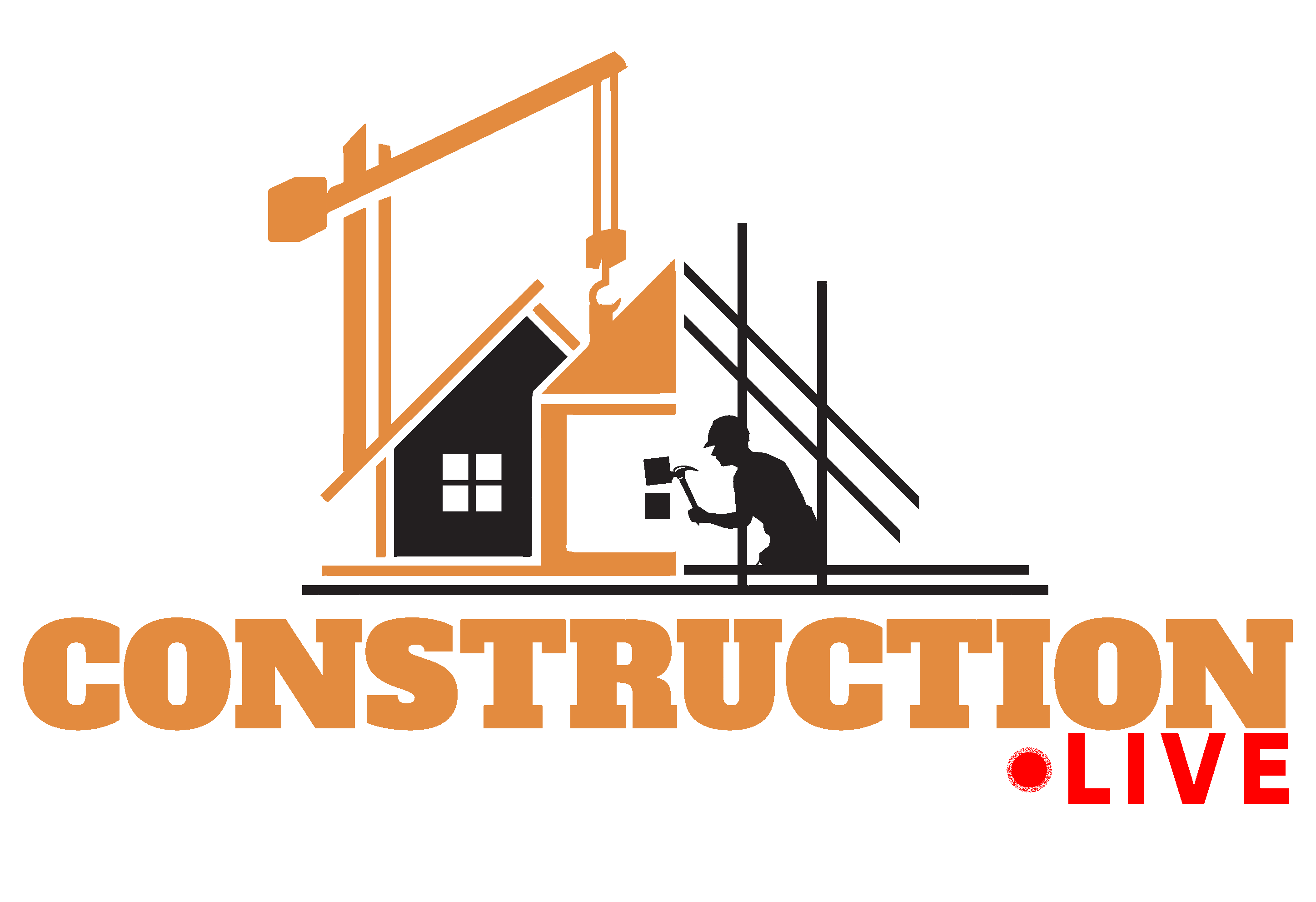Building a home or starting a remodel should feel smart and not stressful. But budgets, permits, and timelines can confuse anyone. Hidden fees pop up. Delays cost money. Yet planning clears the fog. This guide explains where the money goes and why. It also shows how to compare bids smartly. Most of all, it answers a basic question many people ask: what does a general contractor do for the fee you pay? Scope and quality both impact the final cost, so understanding each detail helps you stay in control. Stay ahead with thoughtful planning and proven expertise. Scott’s Construction is here to deliver trusted service that protects what matters most.
The Role Of A General Contractor
A general contractor leads the build, so you don’t have to. They hire trades, schedule inspections, and coordinate deliveries. They track costs, handle changes, and manage risk. They also solve surprises before they become crises. In short, they own the plan and the pressure. When people ask the question: What does a general contractor do? The answer is simple: the contractor turns a pile of parts into a finished space, safely and on code.
Quick wins for owners:
These habits keep the scope clear and costs honest. Clear talk prevents scope drift. Written changes protect both sides. Regular check-ins keep work moving without guesswork. With steady leadership, the job stays on track.
Breaking Down Contractor Costs
Let’s talk numbers. Fees typically appear as a percentage of total project cost, an hourly rate, or a fixed price. Many residential projects include a markup for overhead and profit, often cited in the 10–20% range. But the final fee depends on scope, risk, and speed. Complex remodels need more planning and supervision than basic updates. Better finishes require more precise labor. Larger teams mean more coordination.
Many homeowners ask, “How much does a general contractor cost?” The answer depends on design, site conditions, permits, and project timeline. Ask bidders to separate labor, materials, overhead, and profit. Then compare apples to apples. Transparency builds trust and exposes gaps before they grow.
Contractor Vs. General Contractor: Key Differences

Titles can blur, but roles differ. A contractor may be a single trade, like a plumber or framer. A general contractor manages the whole job and all the trades. The general contractor coordinates permits, schedules, safety plans, and inspections.
The licensed trades bring their craft. That’s the difference between contractor and general contractor; it comes down to the depth of responsibility and the full scope of work they manage.
If it’s a single-scope task, a trade contractor may suffice. Match the contractor’s role to the level of risk. Larger projects with higher risks call for broader oversight and stronger control.
Choosing Between A Contractor And A General Contractor
Choosing between the two comes down to structure and exposure. With a general contractor, you sign one contract and pass coordination to a pro. With a single contractor, you might still hire other trades yourself. That saves markup but adds risk. Time-and-materials oversight becomes your job. Permits, inspections, and sequencing become yours too. So, the choice of which one to choose, general contractor vs contractor, often comes down to how much control you want versus how much effort you’re willing to invest. If you enjoy managing vendors and timelines, you may go directly. If not, a general contractor’s fee buys focus, speed, and fewer headaches. Either way, write clear scopes and require proof of license, bonding, and insurance.
Understanding General Contractor Fees
Costs make more sense when you see the parts. Use this table to frame your bid reviews. It also helps to determine the answer to the question: “How much does a general contractor cost?” for your scenario, and how the general contractor cost breaks down in practice.
Component | What It Covers | Notes for Owners |
Labor & Subcontractors | Trade hours, supervision | Quality and safety live here |
Materials & Equipment | Lumber, fixtures, rentals | Specs change totals fast |
Permits & Inspections | City fees, third-party checks | Timelines hinge on approvals |
Overhead | Office, insurance, vehicles | Keeps teams available |
Profit | Business margin | Pays for risk and guarantees |
Contingency (Owner/GENERAL CONTRACTOR) | Unknowns, hidden conditions | 5–15% is common on remodels |
Hire A General Contractor

Process beats luck. Start with a clear scope and a basic drawing set. Then collect three comparable bids. Ask each bidder to confirm inclusions and exclusions. Request a schedule with milestones. Demand a change-order process in writing. Verify license and insurance. Finally, meet the superintendent who will run your job daily. That person defines your experience.
When it’s time to hire a general contractor, choose the team that explains risks, not just dreams. In busy markets, Graham WA general contractors often book months ahead. Therefore, start early. Good teams cost more than weak ones, but they also finish.
General Construction
Big or small, every project shares the same bones: scope, budget, and time. With efficient general construction in Graham WA, you get expert planning that fits local weather, soil types, and code requirements—making every step more efficient and reliable. Wet seasons affect excavation and framing. Set realistic windows and build in buffers. Confirm who pulls permits and schedules inspections. Ask for weekly field notes with photos.

If you want proof of portfolio, request two recent jobs with a similar scope. For a local example, Scott’s Construction specializes in remodeling, ADUs, and additions—showing how one general contractor can handle a wide range of project types. Local knowledge matters. It saves rework and speeds approvals when teams know the area and the flows.
Custom Build Services

Custom work turns ideas into rooms that fit your lifestyle and adds coordination. Unique finishes, built-ins, and special systems need careful sequencing.
Want a bespoke kitchen or an accessory dwelling unit? Expect more design time and tighter tolerances. That means more supervision.
For regional projects, custom build services Graham WA, often include energy code details, rain management, and seismic hardware. Plan for mockups and sample approvals. They reduce costly surprises on-site.
Owner tips for custom jobs:
Making the Right Choice with a General Contractor
The real price is more than a single line. It’s labor, materials, overhead, permits, risk, and time. Now, when someone asks the question: “What does a general contractor do?” You can answer with confidence: they manage scope, schedule, quality, and safety so your project finishes right. With clear roles, clean scopes, and honest numbers, you get the space you planned, on a timeline you can live with.

Ready to bring your project vision to life with skill and trust? Contact Scott’s Construction today for proven results, transparent pricing, and accountable project management.






